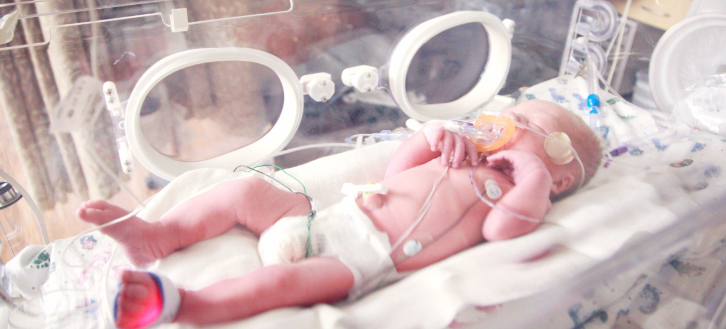Photo Credit: Hxdbzxy
Patients who receive hematopoietic cell transplant (HCT) for severe aplastic anemia remain at risk for late adverse events, according to results published in Transplantation and Cellular Therapy. Neel S. Bhatt, MBBS, MPH, and colleagues examined the late effects of HCT and QOL in 122 patients (median age at HCT and survey: 20.8 and 50.4, respectively). Most respondents underwent HCT with matched related donors (MRD: n=82), while matched unrelated (MUD) and alternative donors were used in 24 and 16 cases, respectively. The incidence of acute and chronic graft-versus-host disease and subsequent neoplasms were 58 in MRD, 10 in MUD, and 4 in alternative donors. The most common chronic conditions included problems with sexual function (36.2%), cataracts (25.4%), and osteoporosis/osteopenia (24.5%). Common medical conditions noted in the patients studied included hypertension, high cholesterol, and gastroesophageal reflux. Among 111 respondents with SF-36 data, mean physical and mental component summary scores were 49.4 and 49.9, respectively. Dr. Bhatt and colleagues wrote that the results emphasize “the need for lifelong monitoring” for these patients.



















Create Post
Twitter/X Preview
Logout